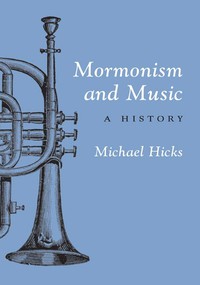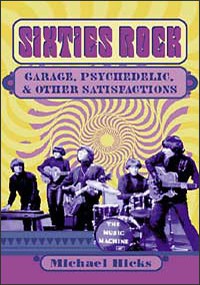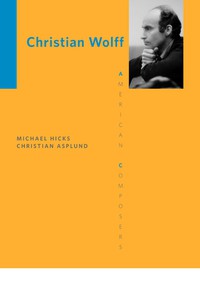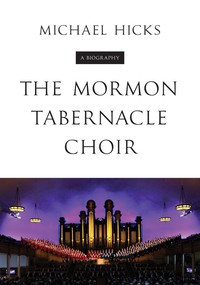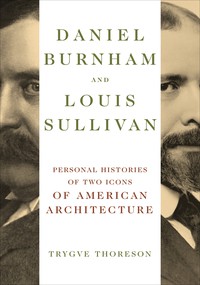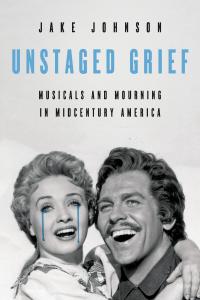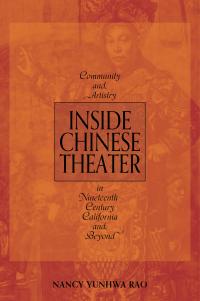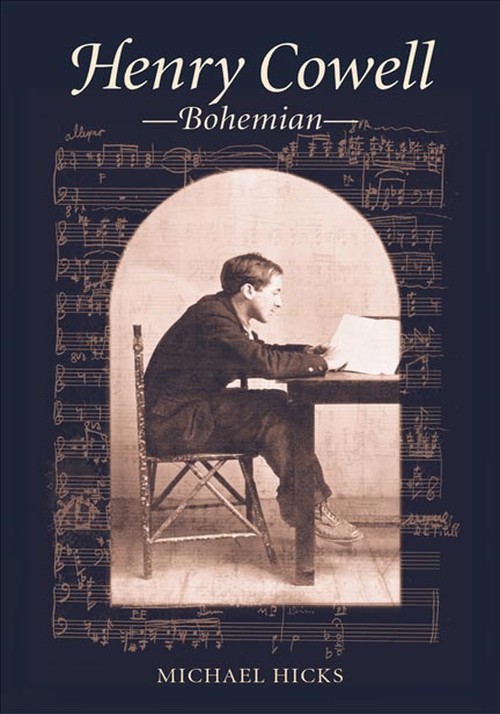
Henry Cowell, Bohemian
Revealing the innovator who taught the likes of John Cage and Burt Bacharach
Cloth – $33
978-0-252-02751-2
Publication Date
Cloth: 08/19/2002
Series: Music in American Life
About the Book
Author of New Musical Resources and a teacher of John Cage, Lou Harrison, and Burt Bacharach, Henry Cowell is regarded as an innovator, rebel, and genius. Celebrated for the novelty of his playing, Cowell popularized a series of experimental piano-playing techniques that included pounding his fists and forearms on the keys and plucking the piano strings directly to achieve the exotic, dissonant sounds he desired.Michael Hicks shows how the maverick composer, writer, teacher, and performer built his career on the intellectual and aesthetic foundations of his parents, community, and teachers--and exemplified the essence of bohemian California. Hicks traces Cowell's radical ideas to teachers like Charles Seeger, Samuel Seward, and E. G. Stricklen, his childhood in the tightknit artistic communities in the San Francisco Bay area, and the immeasurable influence of his parents. Focusing on Cowell's formative and most prolific years, Hicks examines the philosophical fervor that fueled the artist's whirlwind compositions and the ways his irrepressible spirit helped foster an appreciation in the United States and Europe for a new brand of American music.
